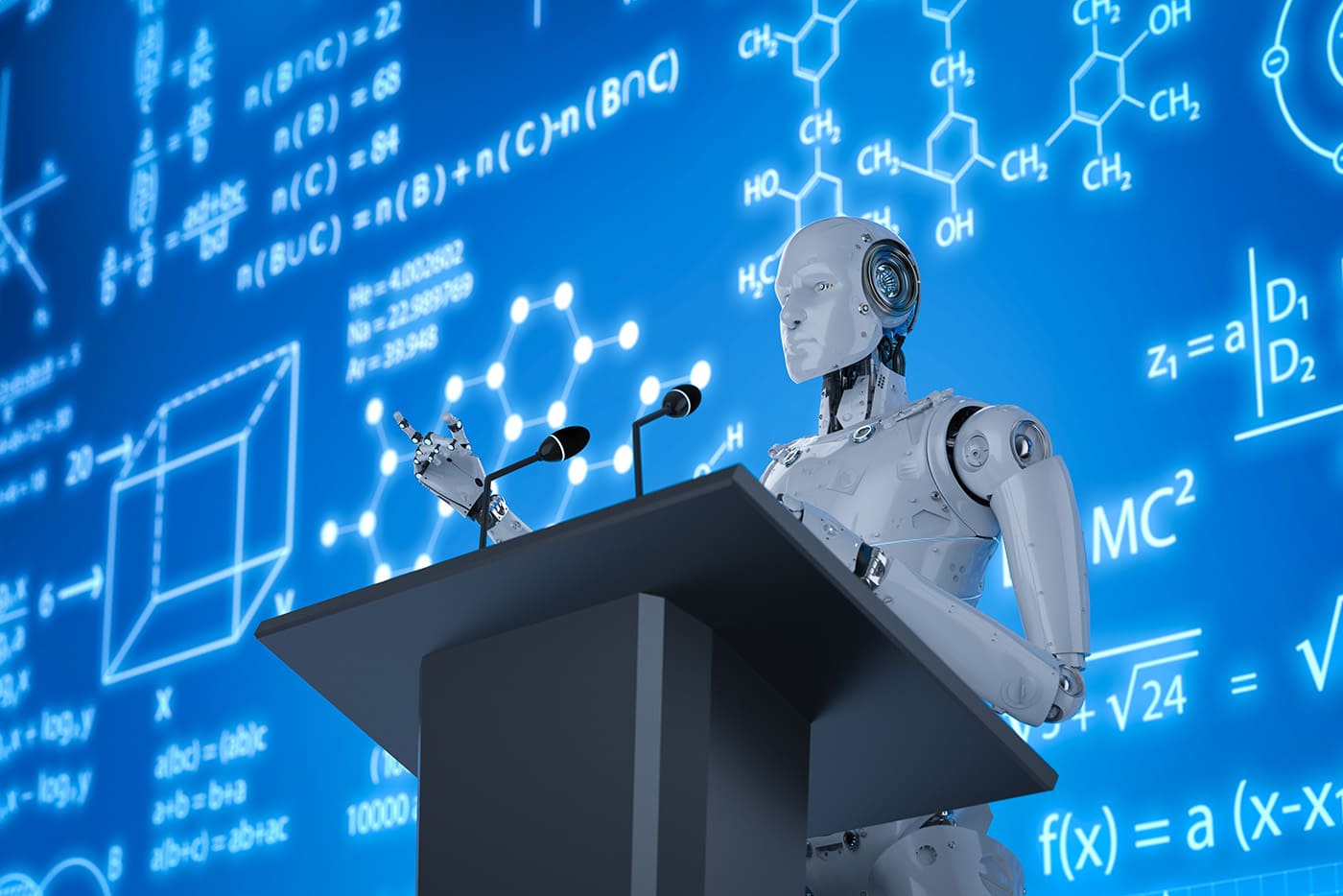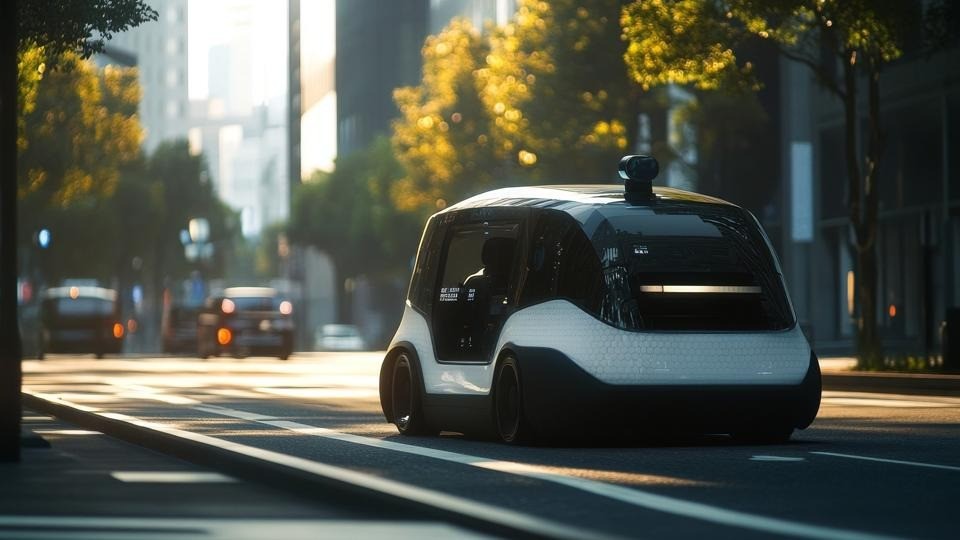Will Artificial Intelligence Replace Teachers?
7 March 2022
Educators don’t need to worry about artificial intelligence taking over their jobs. While AI is becoming a valuable tool for educational professionals, there are many ways computers just can’t replace the human touch in the classroom.

Popular media is full of stories about technology’s potential to replace human workers, including teachers – but the truth is that there is more to teaching than simple knowledge transfer.
Machines can’t replace the human touch that is necessary in our schools that can only be delivered by high-quality educators.
Instead of feeling scared of AI, teachers and educational professionals can look at it as a powerful tool for delivering better, more personalized learning experiences and lifting some of the enormous administrative burden currently placed on educators’ shoulders.
Four Ways AI Can Be Used in the World of Education
The COVID pandemic has shown the enormous value of in-person education. Student interaction is much easier to facilitate in-person, and it’s generally very difficult to automate, making it a challenge for AI.
However, here are some ways artificial intelligence can augment the learning experiences of students and make teachers’ lives easier:
Taking over repetitive, structured administrative tasks like grading. With natural language processing, AI tools will even be able to read free-form text responses (like short answers on tests or longer essays)
Tracking student progression. With machine learning tools, teachers can use individual students’ grades to create profiles to track progression and identify potential development areas.
Personalizing learning. Right now, it's not possible for educators to provide individual learning experiences when they are managing 30+ students in their classrooms, but AI will enable a much higher level of differentiation. There are several companies currently developing intelligent instruction design and digital platforms that provide learning, testing, and feedback to students from pre-K to college level, based on an individual student's needs.
Making education more accessible. Artificial intelligence tools can help make global classrooms available to everyone, including those who speak different languages, have visual or hearing impairments, or need to interact with resources at their own pace.
Why Teachers Aren’t Going Anywhere
AI in education has come a long way, but I would argue that technology won’t be replacing teachers anytime soon.
As machine learning and AI continue to advance, human interaction will become even more important. Only teachers can truly understand the nuances of what is happening in their students’ minds in the classrooms.
Motivating students to learn, practice, and grow is a skill that is currently beyond the scope of artificial intelligence. High-quality human teachers have a wide range of motivational tactics they can use to give students a jump start and keep them motivated throughout the school year. Even young students realize quickly that penalties and rewards delivered by computers aren't the same as the ones they experience from a teacher, alongside their peers.
Teaching Alongside AI
The global market for AI in education is expected to reach USD 3.68 billion by 2023.
Even though most experts believe the critical presence of teachers is irreplaceable, there will be many changes to teachers' jobs and to educational best practices. Artificial intelligence can perform repetitive tasks, inform the educational process by tracking student progress, and improve the overall experience of teachers and students in schools and training institutions all over the world.
AI is becoming a valuable teacher’s aid and is transforming classrooms – so the sooner teachers can get used to working alongside AI and intelligent robots, the better.
Related Articles
Flying Taxis And Self-Driving Trucks Arrive In 2026: 6 Transport Trends To Watch
By now, “smart” versions exist of just about every home appliance, gadget and gizmos we can think of. However, manufacturers continue[...]
Technology in Action: My Key Takeaways on How AI and Quantum Are Accelerating Global Transformation
By now, “smart” versions exist of just about every home appliance, gadget and gizmos we can think of. However, manufacturers continue[...]
The 10 Biggest Consumer Technology Trends Of 2026
By now, “smart” versions exist of just about every home appliance, gadget and gizmos we can think of. However, manufacturers continue[...]
8 AI Ethics Trends That Will Redefine Trust And Accountability In 2026
By now, “smart” versions exist of just about every home appliance, gadget and gizmos we can think of. However, manufacturers continue[...]
The 7 Banking And Fintech Trends That Will Define 2026
By now, “smart” versions exist of just about every home appliance, gadget and gizmos we can think of. However, manufacturers continue[...]
The 8 Biggest Healthcare Technology Trends To Watch In 2026
By now, “smart” versions exist of just about every home appliance, gadget and gizmos we can think of. However, manufacturers continue[...]
Sign up to Stay in Touch!
Bernard Marr is a world-renowned futurist, influencer and thought leader in the fields of business and technology, with a passion for using technology for the good of humanity.
He is a best-selling author of over 20 books, writes a regular column for Forbes and advises and coaches many of the world’s best-known organisations.
He has a combined following of 4 million people across his social media channels and newsletters and was ranked by LinkedIn as one of the top 5 business influencers in the world.
Bernard’s latest book is ‘Generative AI in Practice’.










Social Media